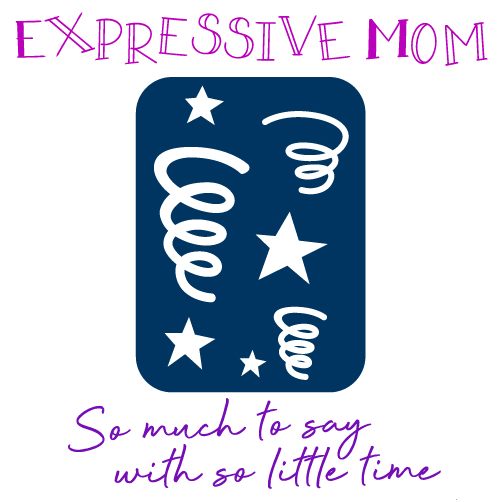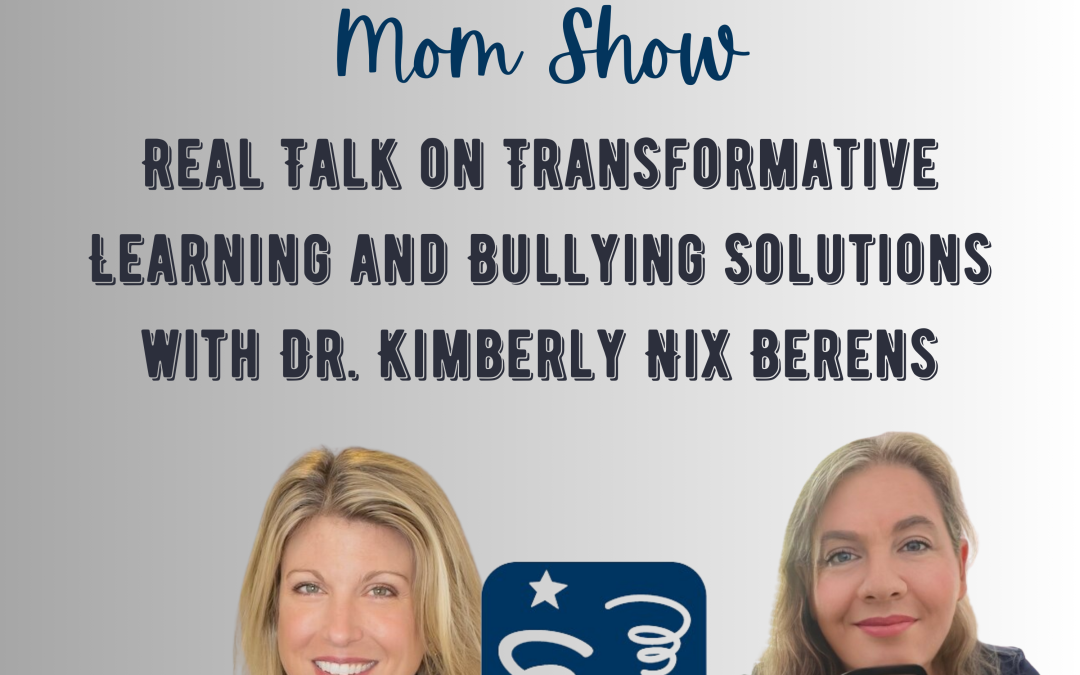My latest guest on The Expressive Mom Show is Kimberly Nix Berens, Ph. D., a scientist-educator and Founder of Fit Learning Online. Dr. Nix Berens’s behavioral science and technology-based instructional system has transformed learning for children worldwide.
The programs she offers deliver a year’s worth of academic growth in just 40 hours. It focuses on reading fluency, comprehension, phonemic awareness, mathematics, problem-solving, and expressive writing. From a University of Nevada broom closet, she expanded Fit Learning worldwide.
Dr. Nix Berens currently lives on Long Island with her husband and two children and manages Fit Learning centers in Long Island, New York City, and Connecticut.
She continues her mission to empower learners of all abilities. Her first book is Blind Spots: Why students fail and the science that can save them.
Dr. Nix Berens and I discuss bullying and neurodivergence. It is a significant problem, as I can unfortunately relate to it.
Bullying and Neurodivergence
Children who are neurodivergent, such as those with ADHD, autism, dyslexia, or other conditions, are disproportionately targeted by bullies due to their differences in behavior, communication, or learning styles.
These children may struggle with social cues, sensory sensitivities, or emotional regulation, making them stand out in ways peers might not understand.
Unfortunately, instead of fostering inclusivity, some children exploit these differences, leading to exclusion, teasing, or even physical aggression.
Bullying can be due to ignorance or lack of understanding of neurodiverse issues. At other times, it reflects a deeper cultural insensitivity where diversity is not valued.
Teachers and school systems may play their part through silence in teaching about neurodiversity and ineptitude in taking action over bullying situations.
The consequences for neurodivergent children are severe. Bullying heightens feelings of isolation, deflates self-esteem, and may even lead to anxiety, depression, or avoidance of school. In children who already face unique difficulties, this added pressure from bullying will set them back in academic performance, social development, and emotional stability.
In that regard, promoting empathy, education about neurodiversity, and anti-bullying policies will be important. This will encourage peer inclusion and allow for safe, supportive environments that empower neurodivergent kids to thrive and help their peers appreciate their strengths.
Connect with Dr. Kimberly Nix Berens on her website: https://www.drkimberlyberens.com/, Instagram: https://www.instagram.com/drkberens/
Facebook: https://www.facebook.com/kimberly.n.berens
Follow on Instagram at @anexpressivemom, and head over to Expressive Mom on Substack, expressivemom.substack.com. Also, follow The Expressive Mom Show.



Connect With Me !